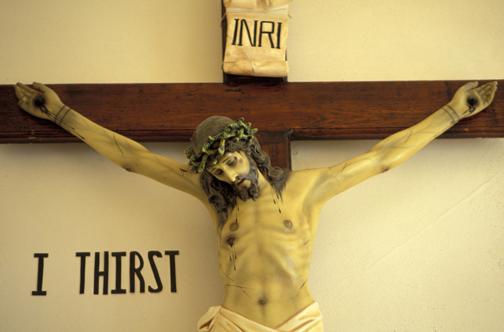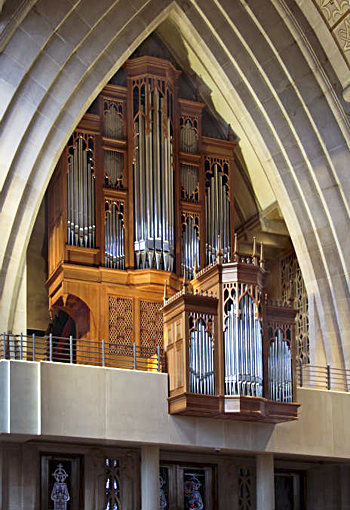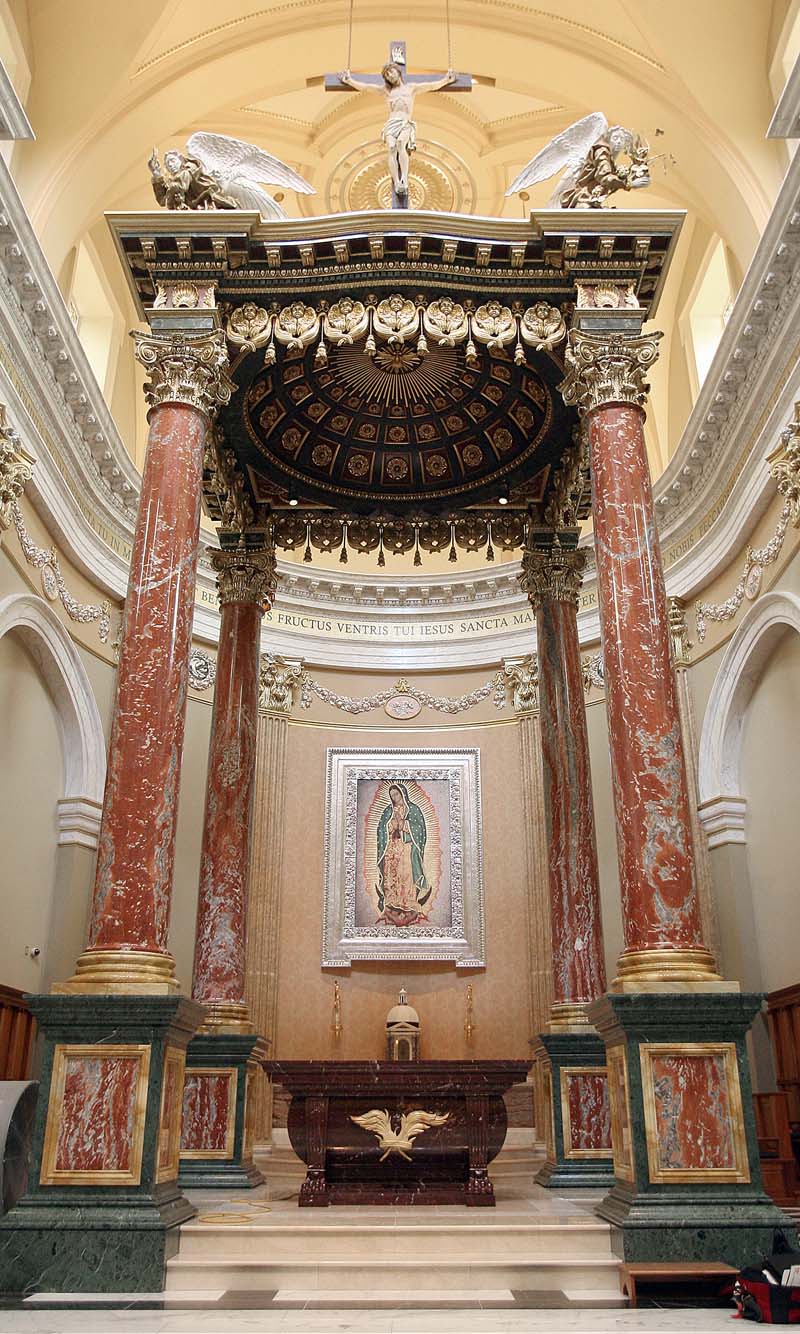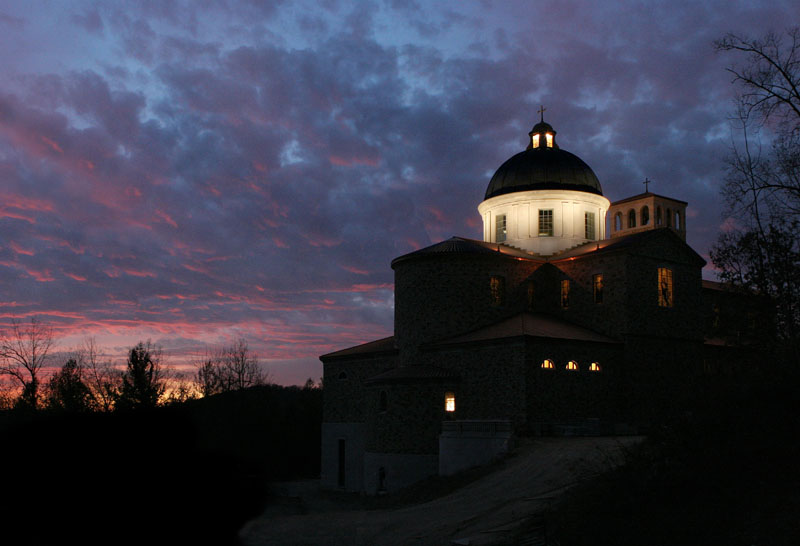
Stemming originally from bitter repentance, weeping develops into tears of rapture with Divine love. And this is a sign that our prayer is heard and through its action we are led into new imperishable life. (Coniaris, “Philokalia: Bible of Orthodox Spirituality”, 175).
We know that the English language is very limited in some ways. Think, for example, of the word love. In Christianity, one of these over used words is gift. Sometimes we use the word gift to refer only to the seven Gifts of the Holy Spirit mentioned in Isaiah 11:2-3. Other times we use the word gift to refer to the charisms discussed by St. Paul in his letters (e.g. the gifts of tongues, interpretation of tongues, prophecy, healing and discernment of spirits). And often we use the word gift for the various blessings that the Lord has given us.
At Catholic Charismatic Renewal events, one often hears of the gift of tears. I suspect that this term is borrowed from the Pentecostal tradition, perhaps without enough scrutiny. Charismatic Christians will often include the gift of tears in the list of possible charisms, although this term won't be found in Scripture. However, we know that the Holy Spirit gives various charisms to various people and that St. Paul's list of charisms is not complete. (Consider, for example, Padre Pio's supposed gift of bilocation.) The Holy Spirit is infinitely creative. So the fact that I can't find a certain charism in Scripture doesn't necessarily mean that it's bogus. But St. Paul does say that the charisms are given for the building up and the edification of the Church (Ephesians 4:12, 1 Corinthians 14:5), which means they can be used in service of the rest of the community. I haven't been able to think of a way that my tears, which may be useful for my own edification, can be used to support the rest of the community.
However, if one were to say that the Holy Spirit gives to some individuals the special grace of healing tears (or better yet healing through tears) then I would say there is a basis for this gift in both Scripture and Tradition. We need only to look to the woman who bathed Jesus' feet with her tears to better understand this grace, which has traditionally been referred to as tears of compunction. (Luke 7:36-38, 44-47). (A far better discussion of this topic is available HERE. In fact, please please please read it. I found it after writing most of this post and it's AWESOME!)
One of the Pharisees asked him to eat with him, and he went into the Pharisee’s house, and took his place at table. And behold, a woman of the city, who was a sinner, when she learned that he was at table in the Pharisee’s house, brought an alabaster flask of ointment, and standing behind him at his feet, weeping, she began to wet his feet with her tears, and wiped them with the hair of her head, and kissed his feet, and anointed them with the ointment. […] Then turning toward the woman he said to Simon, “Do you see this woman? I entered your house, you gave me no water for my feet, but she has wet my feet with her tears and wiped them with her hair. You gave me no kiss, but from the time I came in she has not ceased to kiss my feet. You did not anoint my head with oil, but she has anointed my feet with ointment. Therefore I tell you, her sins, which are many, are forgiven, for she loved much; but he who is forgiven little, loves little.”
I have been to charismatic events with many stoic people (myself included), emotion bottlers who don't know how to experience emotions in a healthy way. Maybe as a small child someone was repeatedly told "if you don't stop crying you're going to get a spanking" (I don't remember that happening to me…) and learned at a very young age that negative emotions are something to be ashamed of and to hide and ignore. Whatever the reason, many of us while growing up in this culture underwent a certain hardening of the heart. This can cause all kinds of problems including a lack of compassion for others who are suffering. Even many secular psychologists say that those bottled up emotions are not gone, but rather still present in the bottle and waiting for something to open that bottle so that they can be dealt with. Until those emotions are handled in a healthy way the person may suffer from anxiety and other emotional problems. When finally addressing the situation very intense emotions are felt and, although the process can be painful, it brings inner healing. At charismatic renewal events the Holy Spirit often opens this bottle and begins the process of softening the heart.
It's certainly possible to have such an experience of softening in silence and solitude. But for whatever reason, for many of the stoics I know, the initial trigger was the charismatic renewal. Often I have seen a friend open his/her heart a tiny bit and experience, for the very first time, an emotional connection with God. This is why the charismatic renewal boasts of helping people have a personal relationship with God, because so many people are feeling that relationship for the very first time and such an experience transforms a person's spiritual life, from an intellectual faith to a living faith. For the stoics I know, this healing has always been accompanied by a flood of tears. I'm no expert, but experientially I know that the shedding of tears greatly enhances the healing that I experience. And it's a beautiful thing, since we are washed clean by water in Baptism.
But what does this have to do with tears of compunction? I believe this flood of tears is a precursor to the true tears of compunction. Note that compunction is the healthy feeling of guilt that comes from the Holy Spirit. It might better be understood as sorrow for one's sins and the collective sins of the world. The Blessed Virgin Mary, who we believe never committed any sins, has the greatest sorrow for sin. And so we see that as a person grows in holiness his/her compunction only increases. But for us beginners, it makes sense to me that the Lord would preferentially give this grace of supernatural sorrow to those who have difficulty processing emotions in their natural life.
This compunction is very different from the anxious and neurotic guilt that we often feel, which comes from pride. Because so many of us suffer from neurotic guilt, which is actually sinful, we are sometimes encouraged to refuse to feel guilty about previous sins once they have been confessed. It's true we should realize that God has completely forgiven them and we will no longer be charged with them on judgement day. God is so merciful! But unless we have the grace of perfect contrition for our sins, we're still marked with the stain of sin and will need to be cleansed of this stain through temporal punishment*. Back in the Baltimore Catechism days, penitents confessing venial sins were encouraged to call to mind some previous (and already confessed!) mortal sins in order to stir up greater contrition for the cleansing of the remaining stain of sin.
 |
| St. Anthony the Great and St. Paul of Thebes of the Desert Fathers |
Compunction also strengthens our faith. In the book The Noonday Devil, written on the topic of acedia which is spiritual boredom or despair, there is a section on the Desert Fathers. The book describes one particular incidence in which a young hermit asked his spiritual director what to do about his horrible spiritual desolation. He just wanted to give up and go back to the world. His spiritual director's advice was to "go back to your cell and weep for your sins". Shedding tears of compunction is an act of hope, the antidote to acedia, and an act of praise of God's mercy. It's a paradoxical experience of joy-filled sorrow. In fact, according to St. John Chrisostom: "These tears do not bring sorrow; they bring more joy than all the laughter of the world can gain for you." It is a sweet sort of suffering. This ability to go to my room and weep for my sins is certainly a gift that only God can give. Without a special grace, I will simply beat myself up about previous sins and fuel my low self-esteem which, ironically, is a type of pride.
In conclusion, we all need this gift of tears and should ask for it. Compunction will heal our hardness of heart, stir up in us true contrition and facilitate our complete union with God. In Don Ruotolo's book Come, O Holy Spirit! he shares the following prayer 'to obtain the gift of tears' which was supposedly printed in a Missal:
Omnipotent and gentle God who, to slake the thirst of thy people, didst make a fountain of living water gush forth from the rock, draw from our hard hearts tears of compunction, that we might weep for our sins and, by thy mercy, merit to gain their forgiveness.
Kindly pour into our hearts, Lord God, the grace of the Holy Spirit which, with cries and tears, will blot out the stain of our sins and, by thy generosity, obtain for us their long sot pardon. Through Christ our Lord.
*Some people will be uncomfortable with my use of the word punishment. Why would we be punished for a sin that has been forgiven?? Ok, perhaps a better word is purification or purgation. The sin has been forgiven but whatever defect that allowed the sin to happen in the first place is still present unless I have perfect contrition. I need to be freed from that defect in order to be perfect like my Heavenly Father is perfect. My mother always said "If you were really sorry, you wouldn't do it anymore!" She was both right and wrong about that. She was right because, if I truly understood the wrong that I was doing (i.e. perfect contrition) and, therefore, was truly sorry for doing it, then I would not do that thing anymore. However, my mother was wrong in the sense that we are fallen human beings with imperfect contrition and therefore I never truly see the evil and fully turn from it until the day that the Lord gives me perfect contrition. And, hopefully, that will be the moment that the Lord takes me from this life!

























